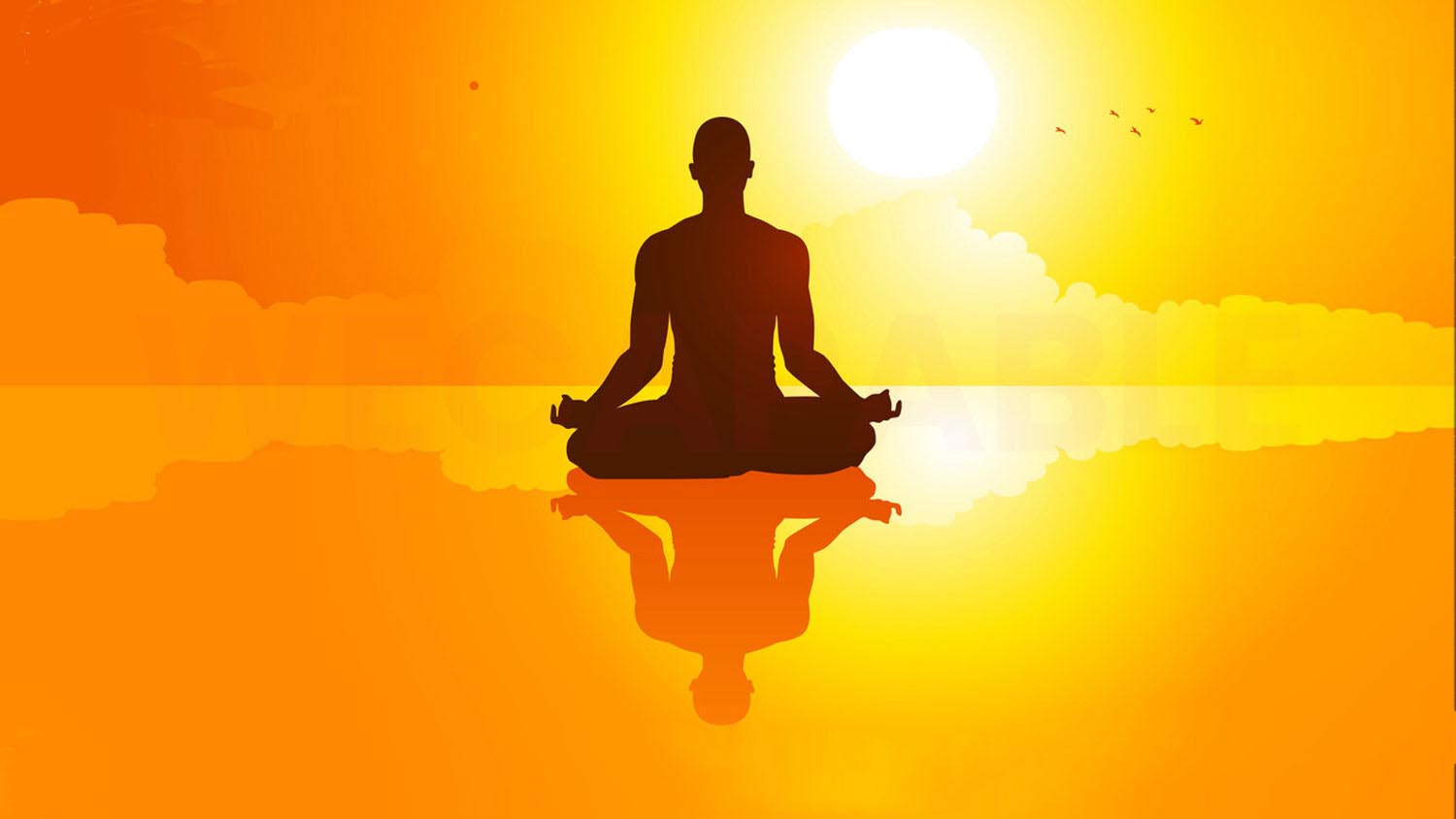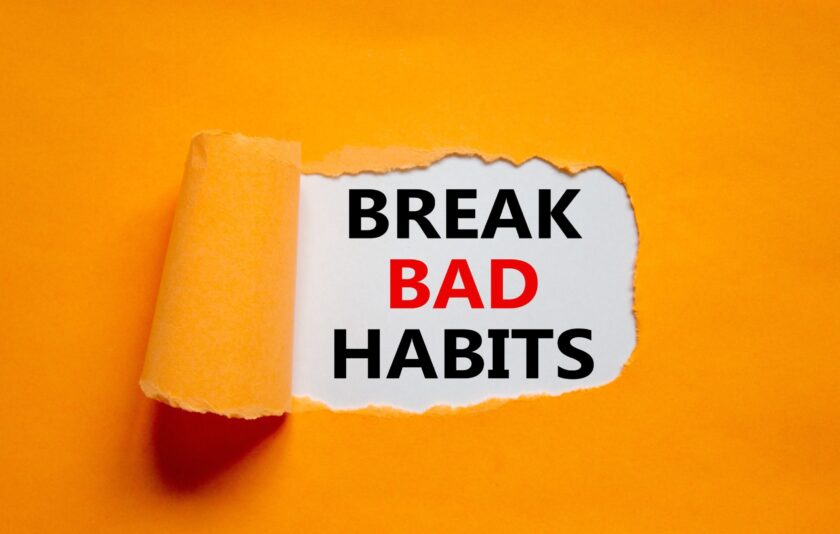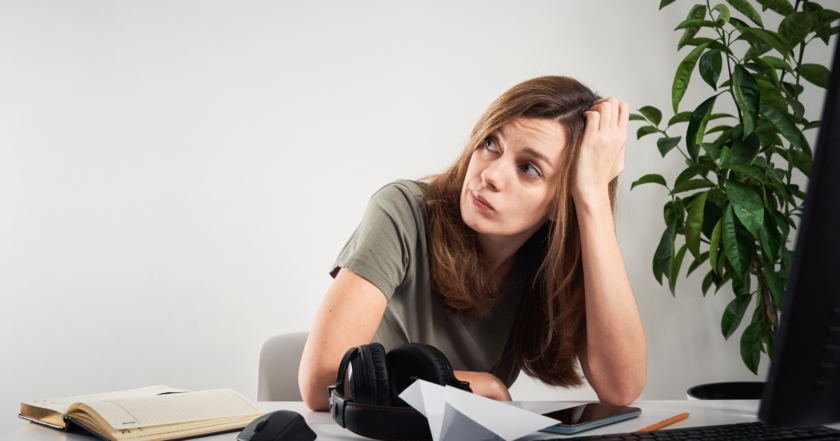Numerous studies emphasize the benefits of regular meditation, including improved attention, memory, stress reduction, and enhanced emotional well-being. In a world filled with distractions, identifying the most advantageous time for meditation is crucial. Health and wellness consultant Shikha Agarwal sheds light on the ideal moments for a meditation practice and when it’s advisable to abstain.
The Best Time to Meditate
For those seeking mental clarity and a tranquil state of mind, specific periods during the day are particularly beneficial for meditation. Shikha Agarwal recommends the last quarter of the night before sunrise and early morning as the healthiest times. She notes, “The peaceful atmosphere is further compounded by the fact that the mind is in a naturally calm state after a restful night of sleep. The stillness of this time also allows for better concentration and a more profound meditative experience, thereby enhancing overall well-being.”
Times to Avoid Meditation
While the allure of zen at any hour is tempting, caution is advised at certain points in the day, such as after a substantial meal. Agarwal advises against meditating immediately after eating, stating, “Meditating right after a heavy meal can be counterproductive, as the body is focused on digestion, and it may be challenging to achieve the necessary mental focus for meditation. It’s advisable to wait for some time after eating to allow the digestive process to settle before engaging in a mindful meditation session.”
Meditation Strategies for Different Times
- Lunch Hour at Work: A brief mindfulness meditation during the lunch break can re-energize and provide a mental reset. Techniques like breath focus, sensation observation, or gratitude practice can enhance productivity for the rest of the day.
- Before Bedtime: Opting for a calming meditation, such as yoga nidra, before bedtime promotes relaxation, alleviates stress, and improves sleep quality. This approach is particularly suitable for winding down after a busy day.
- During Stressful Moments: In the midst of a hectic day, a short meditation session focusing on breath can effectively manage anxiety and provide a quick reprieve.
- After the Workday: Instead of mindlessly unwinding on the couch, a grounding meditation reconnecting with the physical environment aids in transitioning from work demands to a serene and balanced state. This fosters a smoother segue into personal time.




